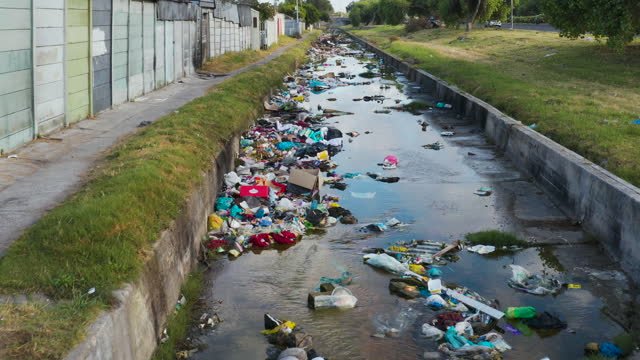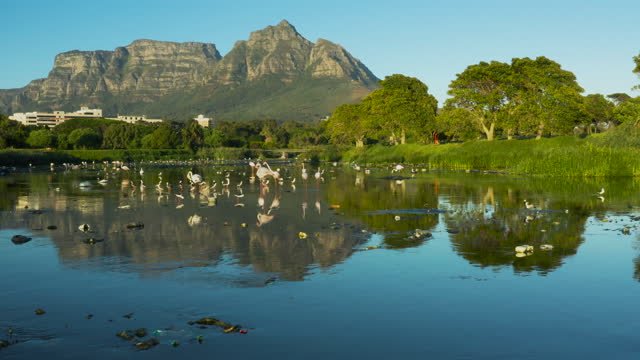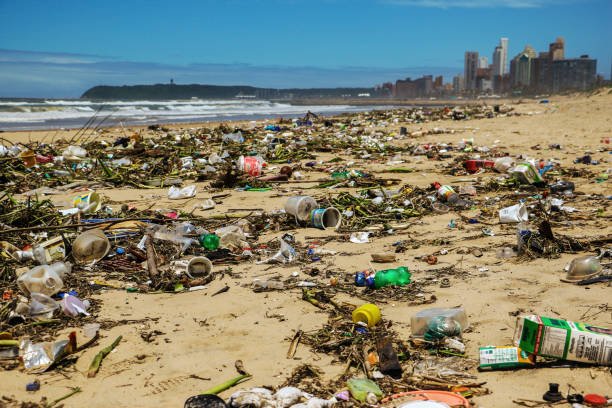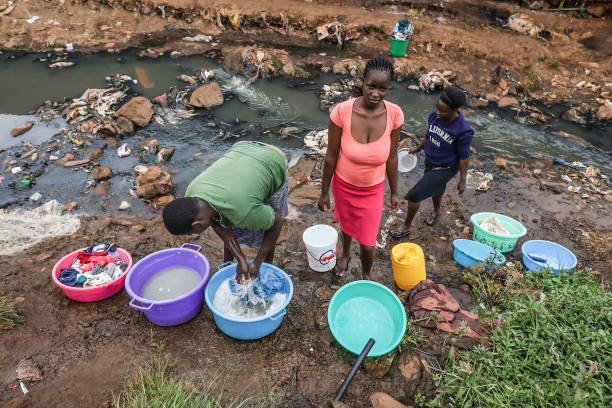On this page, we critically discuss how some community members may frustrate the achievement of social justice by the manner in which they use water resources.
Title: Achieving Social Justice in Water Distribution: A Deep-Dive into South Africa’s Water Crisis
The journey to achieving social justice is often marked by fair and equitable distribution of vital resources such as water. However, in some regions like South Africa, this journey is hindered by the misuse and mismanagement of these resources. Water, an essential yet scarce commodity, becomes the pivot around which power dynamics and economic disparities revolve, directly impacting the quest for social justice.
How Community Members May Frustrate the Achievement of Social Justice by the manner in which they use the Water Resources
Some community members may frustrate the achievement of social justice by the manner in which they use water resources because their actions can create disparities in water access and usage. For instance, in South Africa, large-scale commercial farms, primarily owned by affluent individuals, consume a significant portion of the available water resources. This often leaves little for smaller, marginalized communities, exacerbating social inequalities. Similarly, water wastage in affluent urban areas is another challenge. Despite water restrictions, these communities often use water excessively for non-essential activities, such as filling swimming pools or maintaining green landscapes. This stands in stark contrast to the scarcity experienced in disadvantaged communities. Additionally, pollution caused by industrial entities or wealthy communities further reduces the quantity and quality of available water for downstream communities. These activities not only represent inequitable usage of a vital resource, but they also directly challenge the principles of social justice by perpetuating inequality and limiting access to a basic human right.
Water Utilization in Agriculture: The Imbalance
South Africa’s agricultural sector, dominated by large-scale commercial farms, utilizes a significant chunk of the country’s water resources – about 60%. This leaves little for small-scale farmers and marginalized communities, highlighting an alarming imbalance. The concentration of water use in the hands of a few stems from historical injustices reminiscent of the apartheid era. The extensive irrigation systems used by these large farms result in immense strain on water resources. Despite their economic contribution, the imbalance in water distribution contradicts the principles of social justice, undermining the efforts of small-scale farmers and disadvantaging marginalized communities.
Urban Overconsumption: A Contrast of Extremes
The issue extends to urban areas, where water wastage in affluent communities deepens the divide. Despite water restrictions during periods of drought, overconsumption is rampant in these communities. From swimming pools to sprawling green landscapes, the excessive use of water stands in stark contrast to the scarcity experienced in informal settlements and townships. These areas, predominantly home to disadvantaged communities, struggle with inadequate access to clean, safe water.
Water Pollution: The Invisible Enemy
Water pollution plays a critical role in furthering social injustices. Industrial sectors and wealthier communities often contribute to the contamination of water resources, impacting the quality and quantity of water available to downstream communities. A prime example is the Vaal River system, where poor sewage treatment has resulted in significant pollution, rendering the water unusable for the disadvantaged communities that depend on it.
Moving Forward: Policies and Actions
To mitigate these disparities, a comprehensive review and enforcement of water usage policies are paramount. South Africa has made strides towards this with the National Water Act of 1998, designed for equitable water distribution. However, implementation has lagged. Actions against water wastage, illegal water use, and pollution need to be robust and coupled with public education on sustainable water use.



List of Factors that Influence How Community Members Frustrate the Achievement of Social Justice by the manner in which they use the Water Resources
- Over-irrigation in commercial farming: Large-scale farms may use a disproportionate amount of water resources for irrigation, leaving less for small-scale farmers and local communities.
- Overconsumption in urban areas: Affluent neighborhoods may use water excessively for activities like maintaining lush landscapes, filling swimming pools, or washing cars, leading to water scarcity in surrounding areas.
- Industrial pollution: Industries may discharge untreated waste into rivers and lakes, contaminating water resources that downstream communities rely on.
- Illegal water abstraction: Some community members might illegally extract water from rivers, wells, or municipal pipelines, reducing the amount available for others.
- Inefficient water use: Some community members might use water inefficiently, such as by not fixing leaks promptly, or using more water than necessary for activities like dishwashing or showering.
- Wasteful water practices in agriculture: The use of outdated, water-inefficient farming practices can lead to water waste, leaving less available for others in the community.
- Lack of wastewater treatment: Households or businesses might discharge wastewater directly into the environment without proper treatment, leading to pollution of water sources.
- Overexploitation of groundwater: Overpumping of groundwater for residential or commercial use can lead to a decline in water tables, causing water scarcity.
- Diversion of water bodies: Wealthier communities or industries might divert rivers or streams for their own use, reducing the availability of water for downstream users.
- Resistance to water conservation efforts: Some community members might resist efforts to conserve water or implement water-saving technologies, thereby perpetuating inefficient use and contributing to water scarcity.
Water is not simply an economic asset—it is a basic human right. Ensuring sustainable and equitable access to water is key to achieving social justice. Everyone, from households to corporations, plays a vital role in this quest. A society where water resources are used responsibly and sustainably paves the way for a just and equitable world.

